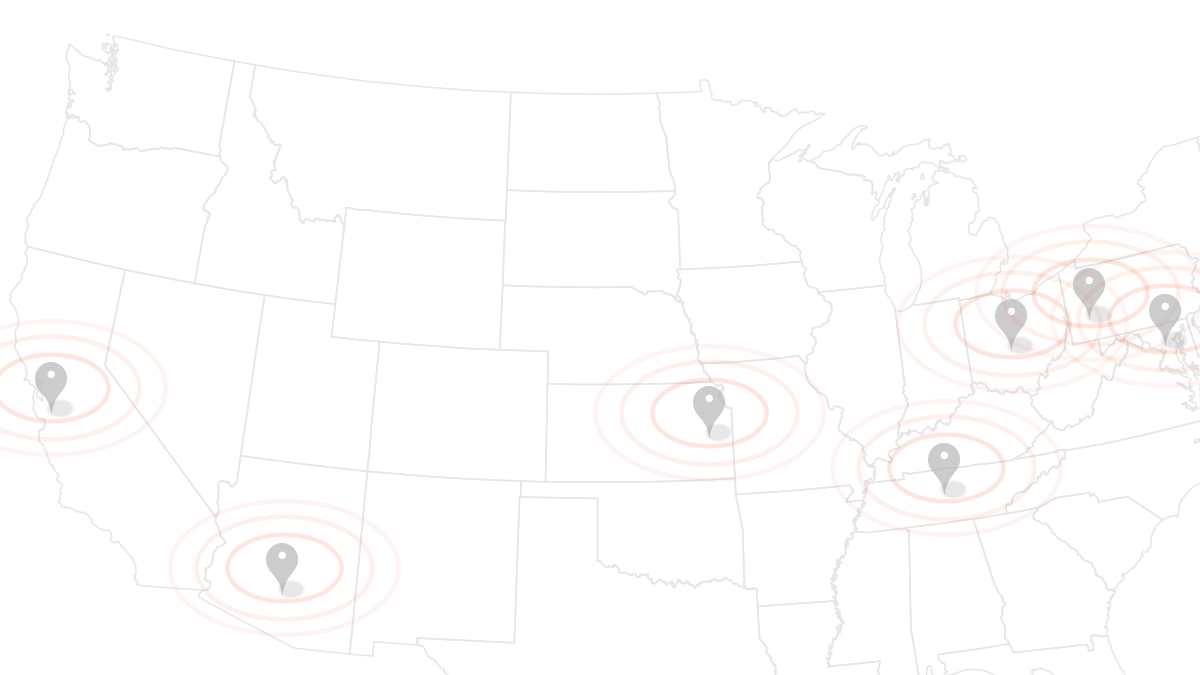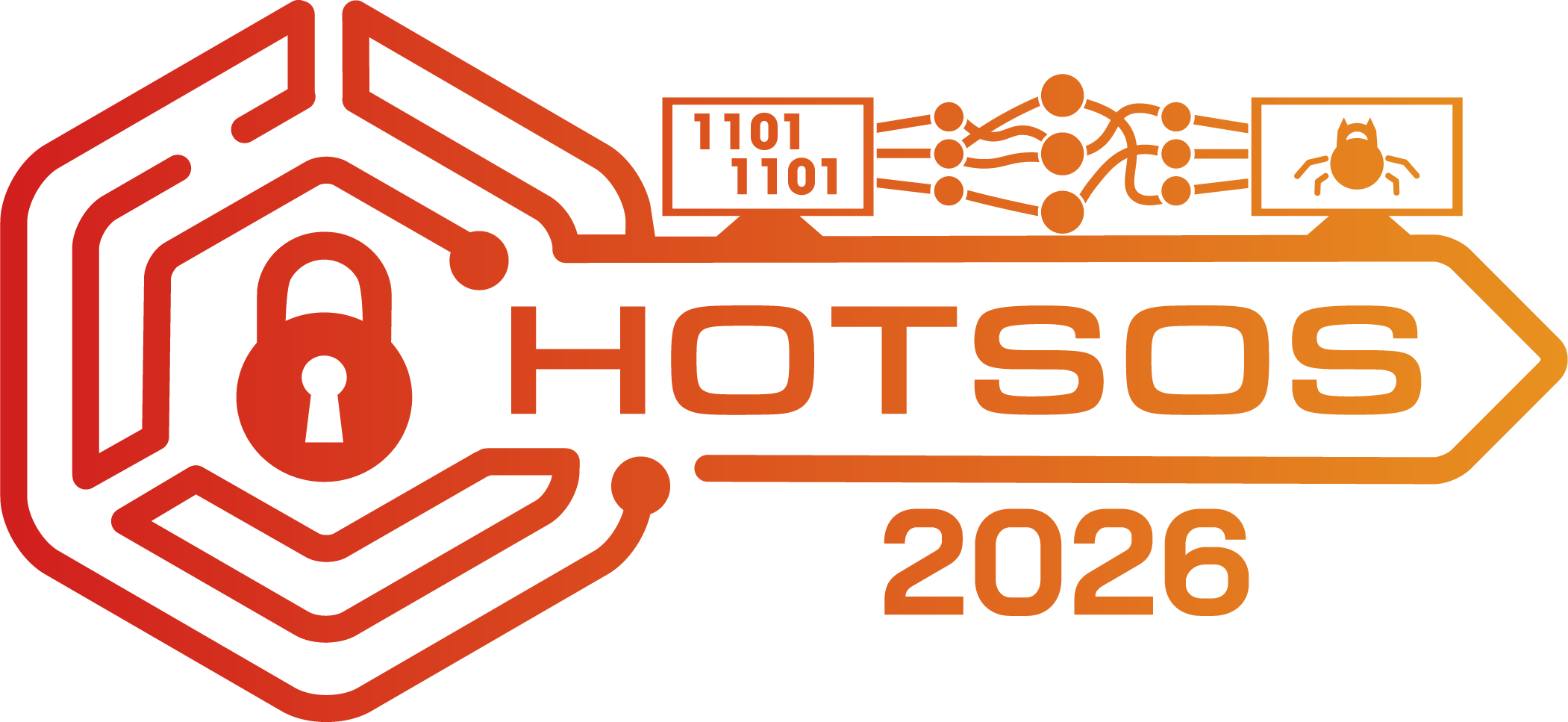Burning questions in AI security
|
ABSTRACT There are few technology areas more important than the intersection of AI and cybersecurity in 2025. For AI to deliver on its promised value in autonomously transforming our economy and national defense, we must ensure it behaves securely. And for AI to improve our cybersecurity, we’ll need to rely on AI-driven forms of automation. How do we succeed? In this talk, I’ll lay out what I see as the core open questions in the field and give opinionated answers:
After giving a perspective on these questions based in my experience leading AI security work at Meta, I’ll discuss the role of the technology, policy, research, and national security communities in answering them. |
 |
BIO Joshua Saxe leads Meta's efforts to integrate security into its large language models (LLMs) and protect them from application-level cyberattacks. Before joining Meta, he served as chief scientist at Sophos, principal investigator on multiple DARPA programs at Invincea Labs, and led machine learning security research at Applied Minds. Joshua co-authored the book "Malware Data Science" with Hillary Sanders, published by No Starch Press. He has authored dozens of scientific papers and patents on security AI and has presented at numerous conferences, including Defcon, Blackhat and RSA. |

